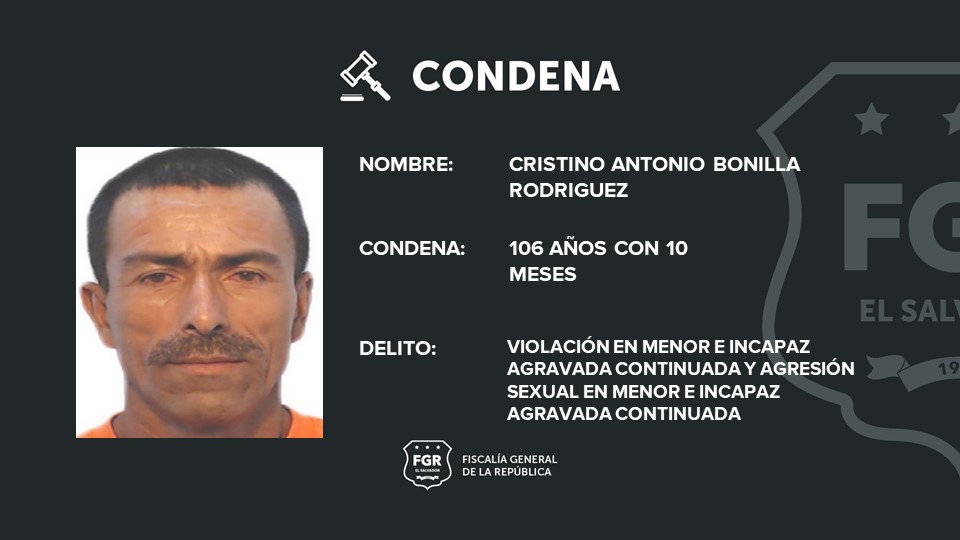With 80 votes, the deputies of the Legislative Assembly declared the Intangible Cultural Heritage of El Salvador the centenary Procession of the Christs and The Holy Burial of Izalco, in Sonsonate. Both activities are carried out, each year, on Thursday and Friday, respectively, of Holy Week.
These celebrations are recognized inside and outside the country and are part of the cultural identity of the aforementioned municipality. Hundreds of parishioners participate in the Procession of the Christs, including those who are part of the local indigenous community. For El Santo Entierro, the Catholic community makes a tour, which lasts about 12 hours, in which the image of Jesus is loaded inside an urn, which has an approximate weight of 12,300 pounds, which makes it one of the most country heavy.
The representative of Nuevas Ideas and promoter of the initiative, Raúl Chamagua, affirmed that this Legislative Assembly has already left a legacy in terms of security, education, democratic justice and the cultural aspect will not be the exception.
“Today, I have the honor and privilege of leaving a cultural legacy, in coordination with the deputies, for the preservation of these processions that, without a doubt, put the municipality of Izalco on high,” said Chamagua.
The parliamentarians expressed that the objective of declaring the two activities as Intangible Cultural Heritage of the country is to protect them, legally, so that they are maintained over time and become a legacy that is transmitted from generation to generation. In addition, they mentioned that this declaration will help boost domestic tourism and foreign visits.
“I want to highlight the importance of not losing the traditions that identify us as Salvadorans. And it is our duty as deputies not to allow precisely what identifies us to die”, affirmed the deputy of the cyan bench, Samuel Martínez.
Naturalization of athletes
The deputies also approved, with 66 votes, that athletes Carolina Tonon de Antelo, from Venezuela, and Cameron Malik Lard, from the United States, be granted the status of Salvadorans by naturalization.
Tonon is a prominent bowling player and with her naturalization she could be part of the Salvadoran Bowling Federation (FESABOLW) to represent El Salvador in national and international competitions, due to the drop in female athletes caused by the COVID-19 pandemic.
For his part, Lard is a basketball player and the Salvadoran Basketball Federation (FESABAL) has seen his potential to be part of the senior teams to represent El Salvador in future competitions.
The deputy of Nuevas Ideas, Walter Alemán, affirmed that this legislature is dignifying athletes from different disciplines and stressed that foreign athletes are already looking at El Salvador to contribute to local sports.
“For decades, the country’s institutions had been forgotten and decentralized from their main objective, they were only used for personal purposes and acts of corruption, leaving aside the talent of athletes,” Aleman said.
